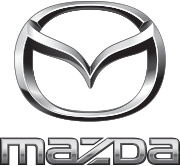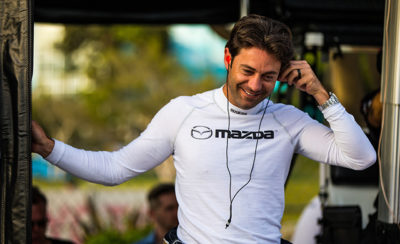A licensed audiologist on the basics of hearing protection
We probably don’t need to explain that race cars are loud. While the volume and intensity may vary, most race cars – even Touring and Spec Miata class cars – are loud enough to hurt your ears. And you may not even know it’s happening.
“Hearing loss is painless, happens slowly over a long period of time, and becomes a permanent type of damage to the sensory cells within the inner workings of your ear,” says L. Dawn Flinn, a licensed and certified audiologist and principal of earEVERYTHING, Inc., a company that specializes in hearing protection. “It is also 100 percent preventable if we educate ourselves on the available products designed to protect us. Hearing loss does not have to be an inevitable affliction for every motorsport fan or employee. Be that as it may, you only get one chance to save your sense of hearing.”
It goes beyond long-term hearing loss. You may not realize the effects of consistent exposure to loud noises for years, and then it’s too late. But the short-term affects can be immediate, even if you don’t realize that they’re happening, or the cause.
“Loud noises are disorienting and fatiguing. It changes your heart rate and it changes your respiration. If we just pay attention to this aspect, it can help the drivers go faster. It can help the crew guys be more organized and synchronized in their pit stops. It’s all for quality of life at the end of your motorsports career,” Flinn says.
Using the proper hearing protection products not only can protect you from the harmful effects of exposure to loud noises, it can also help you do your job at the track better. Communication is key, in the car and out, so being able to clearly hear what someone is telling you can be critical.
“The drivers schools will tell you which helmet to buy, what gloves to get and tell you what fire suit you need; but no one talks about your hearing and your communication,” Flinn explains. “Even if the hearing protection was simply a byproduct of improving the communication aspect…I don’t know that the driver necessarily cares that he is saving his hearing. He wants to hear the radio, he needs to hear what the crew chief or race control is saying to him.”
In a later article on hearing protection, we’ll talk about some specific ways to protect hearing and make communication at the track or other loud environment easier.


 ACCESSIBILITY
ACCESSIBILITY